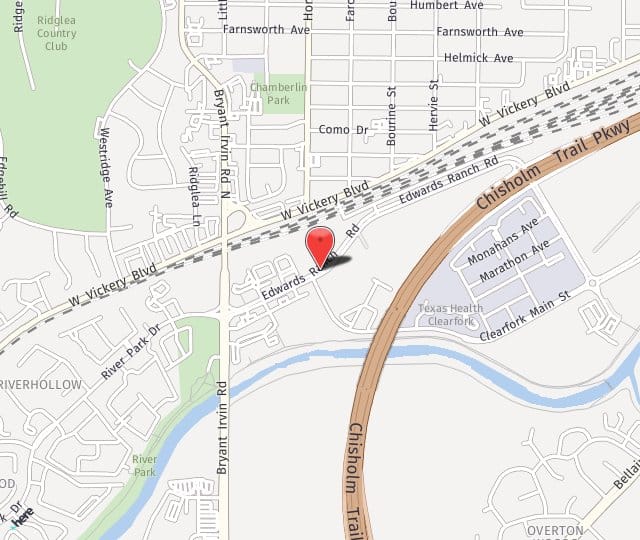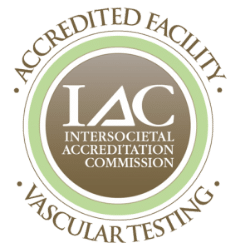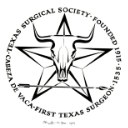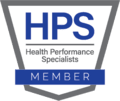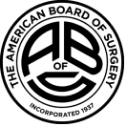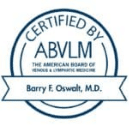How Pregnancy Affects Your Veins and What You Can Do About It
Pregnancy changes a lot about your body, and that can even include your veins. You may start to notice bulging veins, swollen legs, or aching limbs, but you don’t have to live with it. Dr. Barry Oswalt sees these issues often at Fort Worth Vein Center. As a board-certified specialist in venous and lymphatic medicine, he helps women […]
How Pregnancy Affects Your Veins and What You Can Do About It Read More »

